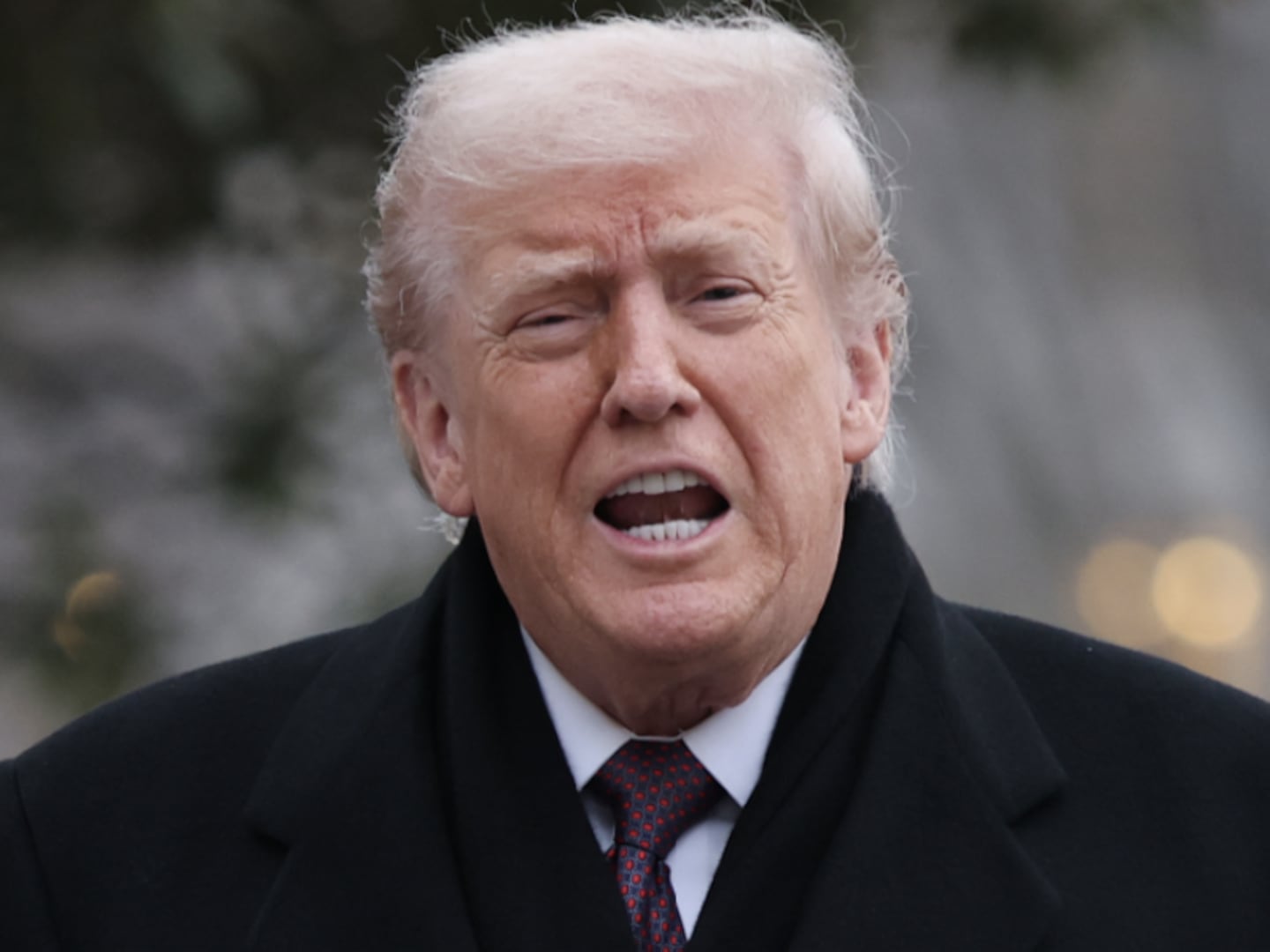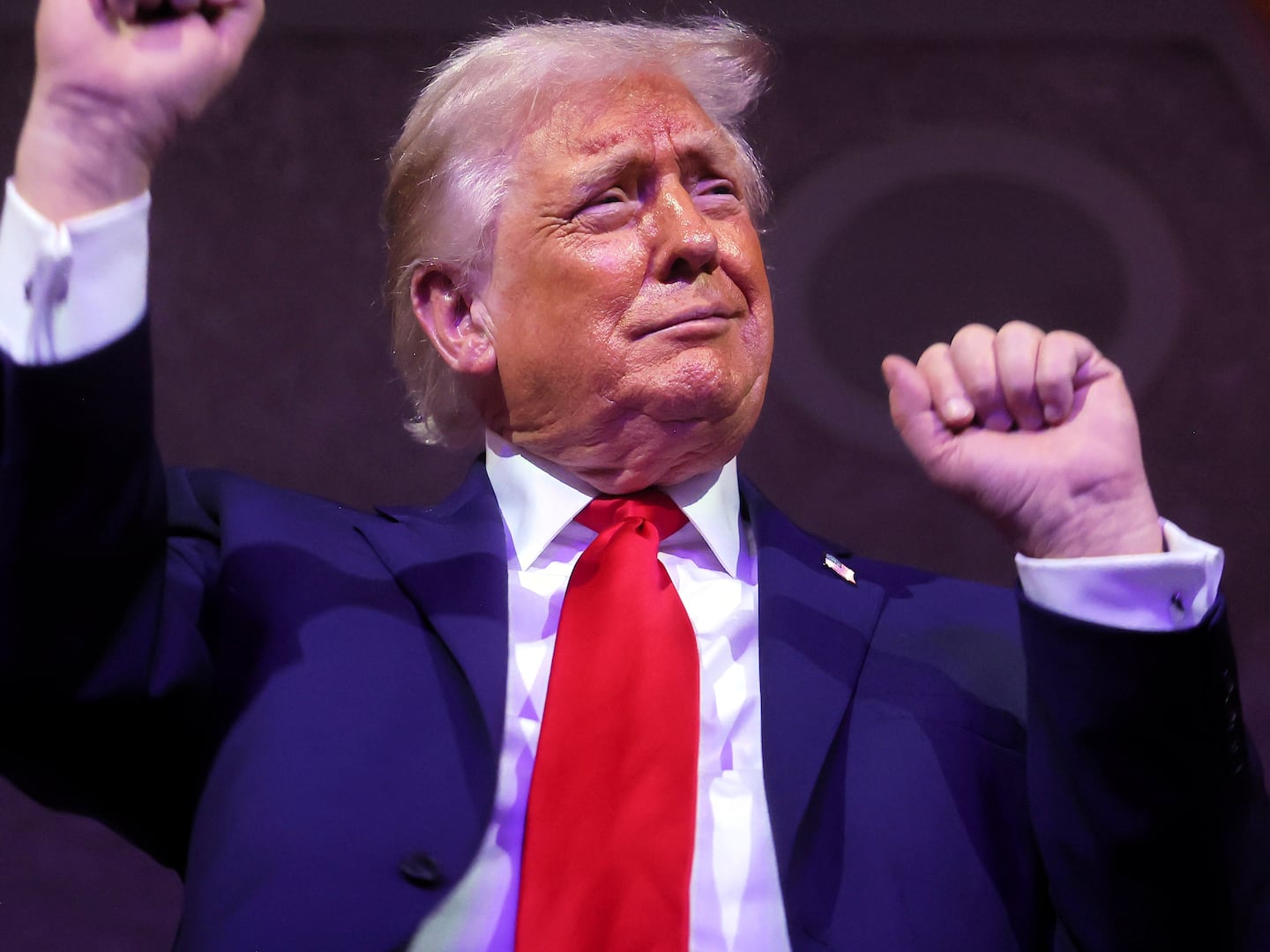Three villages have been burned to the ground in the last two weeks.
More than a hundred individuals have been murdered.
And 20,000 people are now refugees.

All in the oil-rich region of Abyei, along the still-contested border between North and South Sudan. Evidence of this violence has been released on SatSentinel, a privately funded, publically accessible satellite envisioned by George Clooney and executed through the Enough Project, DigitalGlobe, and the Harvard Humanitarian Initiative.
"Our images show that these villages were intentionally burned," John Prendergast of the Enough Project said. "There wasn't a lot of burned vegetative cover between huts. They went from house to house."
The world breathed a sigh of relief when the referendum splitting the war-torn African nation in two occurred largely without incident in early January. The celebrations in Southern Sudan were heartening, as was the prospect of a new ally in the region whose official language will be English. But now that hard-won peace hangs in the balance. There has been an increasing amount of violence throughout the region since, as forces threaten to sabotage the transition to independence for the South. Newly released satellite images also show combat-ready troops have been deployed to the Abyei region, in a troubling sign of potential escalation.
New technological tools like SatSentinel give us the ability to see what's going on. But it cannot compel us to care.
"Everyone here expects more attacks," said a source on the ground in Abyei.
The villages that have been burned belonged to the Ngok Dinka tribe of the South. Their regional rivals are the nomadic Missiriya tribe, who come down from the north into Abyei so their cattle can graze. Despite little official opposition to this tradition from the Ngok Dinka tribe, distrust has been enflamed and the Missiriya have been armed.
In the past, this sort of local level violence has gone unnoticed—dismissed as rumor or mutual tribal conflict with no hard evidence—much like the early stages of the genocide in Darfur. But SatSentinel is a new tool intended to help provide evidence of atrocities, and in turn enforce accountability.
The question for the international community now is whether they will allow the old proxy war patterns to re-emerge or whether a new spirit of accountability will take hold.
In the context of diplomatic efforts over Abyei, there are strenuous attempts to avoid pointing fingers at any one group as instigating the violence.
"If we just try to allocate blame, we're not going to see real, lasting progress," cautions former Sudan Special Envoy and Kenyan Ambassador-designate Scott Gration. "In my view, the South needs the North and the North needs the South… the one thing we don't want to do is to divide [Abyei] again."
Because of the North's record of arming and inciting Janjaweed militias in Darfur, which resulted in the indictment of Omar al-Bashir on charges of genocide and crimes against humanity by the International Criminal Court, trust is not an abundant resource in the region.
"The assertion is that in advance of the post-referendum talks, the government of Sudan, allied with the certain armed groups of Missiriya said ‘Let's change the facts on the ground before the negotiation,'" said Prendergast, explaining the mind-set of many on the ground in the South. "Let's clear certain areas of the Dinka population and then say, ‘Let's divide it.' It's like Yugoslavia—if you want the territory, you go knock the people off it and move into those areas and then you start negotiating."
Sources I spoke to in Abyei agree that the destruction of the Ngok Dinka villages comes from armed Missiriya tribesmen encouraged by forces from the North. This would fit previous patterns.
"I think the regime in Khartoum always had a plan," asserts Prendergast. "First, if no one shows up, we'll just subvert the referendum—delay it, undermine its credibility to the point where it's contested. But the world showed up. Plan B has always been wait 'til everyone goes away. And that's what I think we're starting to see in these attacks. If there's no reaction, no outcry, then there is no consequence."
But former Obama administration Sudan envoy, Scott Gration believes that unrest in Abyei is not an insurmountable hurdle on the road to South Sudan's official independence on July 9th. "While we would like to see a resolution to Abyei in the very near future, Southern independence does not depend on reaching a final agreement," Gration asserts.
With international attention absorbed by the political uprisings against Arab dictators, seismic upheavals in Japan, and domestic Twitter feeds consumed with Charlie Sheen's meltdown, the challenge that faces the Western world is how to keep focused on events unfolding in Sudan, securing the independence of the world's 193rd nation. Does direct evidence of burnt villages, murder, and the displacement of half the population of Abyei deserve our attention? Or will we wait for even more lives to be lost before we focus again on Sudan?
I'm reminded of what George Clooney said while international media attention briefly shone on Southern Sudan in January during the referendum: "If anyone thinks that this is over after the referendum, they're out of their minds… Our job is to say ‘If we don't pay attention to this area it will explode' and try to bring the focus there. Keep it going, keep the pressure on."
Dictatorships thrive in the dark—sunlight remains the best disinfectant. New technological tools like SatSentinel give us the ability to see what's going on. Now, no one can credibly say "we didn't know." But the information cannot compel us to care. Citizens and governments determine whether we will push for accountability in a country that has seen more than its share of killing fields in recent years. It is a choice between indifference and engagement, between war and peace.
John Avlon's new book Wingnuts: How the Lunatic Fringe Is Hijacking America is available now by Beast Books both on the Web and in paperback. He is also the author of Independent Nation: How Centrists Can Change American Politics and a CNN contributor. Previously, he served as chief speechwriter for New York City Mayor Rudy Giuliani and was a columnist and associate editor for The New York Sun.






